
💤 The Science of Dreaming: Why Do We Dream?
💤 The Science of Dreaming: Why Do We Dream?

Dreams have fascinated humans for thousands of years. From ancient civilizations to modern scientists, everyone wants to understand one big question: Why do we dream?
While the benefits of sleep are well known—like improving memory, boosting immunity, and helping the body recover—the purpose of dreaming is still a mystery.
What Happens When We Dream?
Most dreams happen during REM (Rapid Eye Movement) sleep, a phase of sleep where the brain is very active. During REM sleep, your eyes move rapidly under your eyelids, and your brain shows activity patterns similar to when you're awake.
This stage is often when people experience vivid, emotional, or even bizarre dreams. The brain is especially active in regions linked to emotions, visual processing, and memory. This has led scientists to believe that dreaming may serve deeper functions beyond random thoughts.
Is Dreaming Just Brain "Noise"?
Some researchers think that dreams are nothing more than random brain activity. According to this idea, dreams are the brain’s way of making sense of scattered thoughts, images, and memories. Like mental static, your brain pulls bits and pieces from your day and strings them together into strange storylines.
However, other experts disagree and believe that dreams serve important psychological and biological roles.
Dreams May Help Us Process Emotions
One popular theory is that dreaming helps us process emotions. Since dreams often involve strong feelings—like fear, sadness, joy, or anger—they may act as a kind of emotional therapy while we sleep. During REM sleep, your brain might be working through stress, anxiety, or unresolved conflicts in a safe, dream-like environment.
This could explain why we often feel more balanced after a good night’s sleep—even if we don’t remember our dreams.
Nighttime Practice for Real Life?
Another interesting idea is that dreaming is like mental rehearsal. According to this theory, dreams allow us to practice how we might respond to real-life threats or challenges. For example, if you dream about being chased, your brain might be testing how you’d react in a high-stress situation—without the risk.
This kind of practice could help improve our problem-solving skills or prepare us emotionally for difficult events in the future.
Dreaming May Help Clean Up Memories
Some scientists believe that dreaming helps the brain organize and store important memories. During REM sleep, your brain may sort through the day's experiences, saving what’s useful and deleting what’s not—like cleaning up your mental hard drive.
This could help explain why sleep is so important for learning and remembering new things. Without enough REM sleep and dreaming, your brain might not store information properly.
So, Why Do We Dream?
Despite all these theories, there is no final answer—yet. The science of dreaming is still in its early stages. What we do know is that dreaming likely serves multiple roles:
-
Emotional regulation
-
Memory consolidation
-
Mental problem-solving
-
Stress release
-
Creative thinking
Dreams may not always make sense, but that doesn’t mean they are meaningless. As brain science advances, researchers hope to uncover more about how dreams affect our health, mood, and mental abilities.
Final Thoughts
Dreaming is one of the most mysterious aspects of being human. Whether your dreams are wild and strange or peaceful and calm, they are a natural and essential part of your sleep cycle. While we don’t fully understand why we dream, current research suggests that it plays a vital role in our emotional and mental well-being.
So the next time you drift off to sleep, remember—your brain might be doing more than just resting. It could be working, healing, remembering, and even rehearsing for tomorrow.
News in the same category

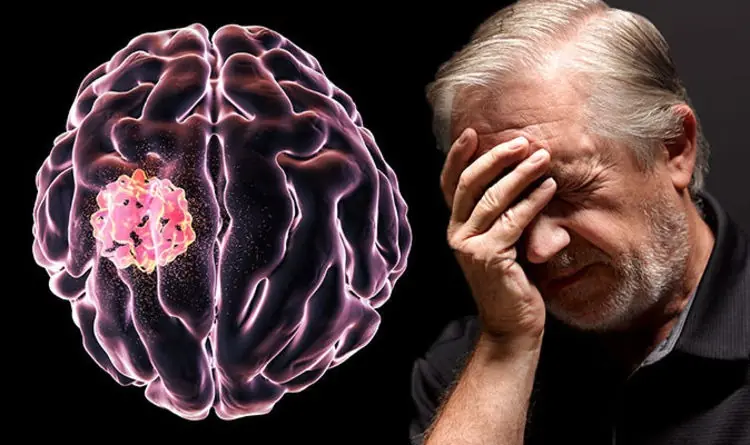
Age 40 Is a Critical Turning Point for Longevity: 4 Sleep-Related Signs That May Indicate Shorter Lifespan and Health Risks

7 Early Signs of Stomach Cancer Everyone Should Know to Prevent Metastasis

🧠 How Your Brain Today Reflects Your Habits from Two Weeks Ago

Too Much Salt May Lead to Depression, New Study Suggests
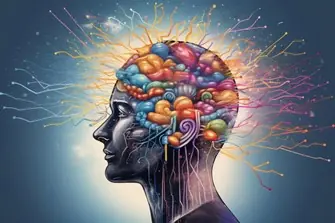
New Study Reveals: Memory May Be Stored in Cells Beyond the Brain
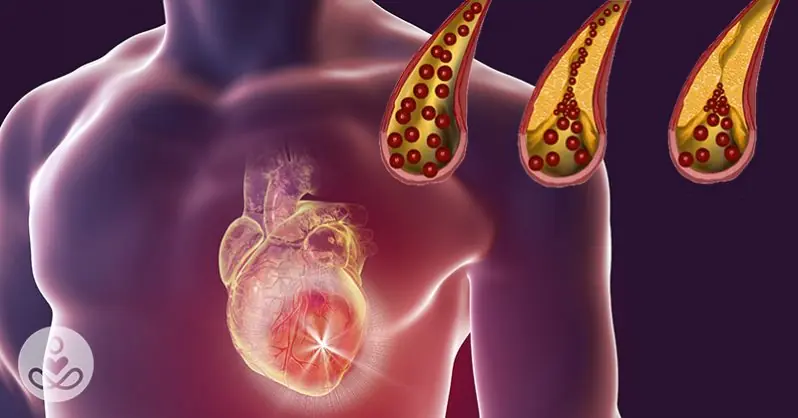
10 Foods You Should Eat Daily to Keep Your Arteries Clean

The Sleep Position That Could Be Quietly Damaging Your Health, According to Experts

Shocking Cancer Diagnosis at 44 Raises Alarms About a Popular Daily Sandwich Ingredient
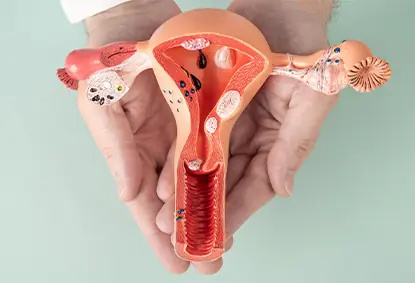
Understanding Uterine Fibroids: Causes, Symptoms, and Treatment Options

Is Your Body Trying to Tell You Something? 15 Early Signs of Cancer

If You Suddenly Wake Up Between 3:07 and 3:15 AM, You Should Be Extra Cautious
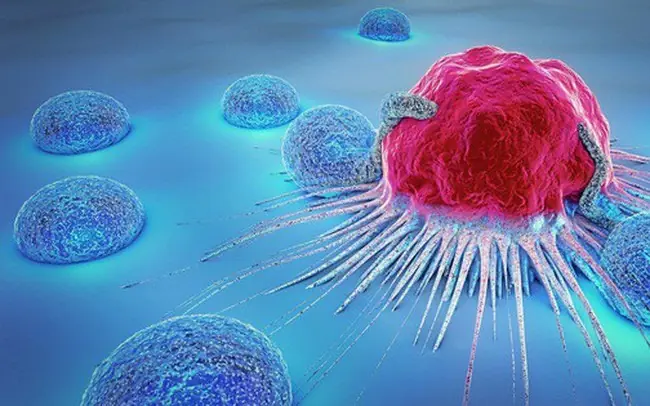
Discovery of a Drink That Helps “Push Back” Cancer: It's Not Tea or Coffee

One Year Before Death: The Body Often Shows 5 Warning Signs!

Revolutionary HIV Treatment: Lenacapavir Achieves 100% Clinical Efficacy

10 Warning Signs Your Kidneys May Be in Trouble

10 Foods Linked to Cancer You Should Avoid

How to Reduce Age Spots: Causes, Treatments, and Prevention

How to help naturally relieve gout and joint pain
News Post

My Entitled SIL Erased Us from Her Wedding – I Didn't Let Her Get Away with It

Incredible Benefits of Guava Leaves | 11 Reasons To Drink Guava Leaf Tea Daily

My Sister Hijacked My Wedding for Her Pregnancy Announcement – I Waited Until Her Gender Reveal & Got the Last Laugh

My Pregnant Sister-in-Law Turned Me into Her Maid – I Played Her Game Until She Crossed the Line

11 Natural Ways to Whiten Your Teeth Using Everyday Ingredients

I Was Cleaning out After My Divorce and Tossing Old Documents Into the Fire When One Letter Stopped Me Cold

I Cut My Niece Off from the College Fund After I Overheard Her Conversation with My Ex-wife

🥤15 Surprising Benefits of the Juice You’ve Never Tried – Onion, Pineapple & Honey

Toothpaste: The Secret to Happy Feet!

This Ancient Chinese Drink May Help Regulate Blood Sugar, Improve Circulation, and Reduce Inflammation—Naturally!

8 Reasons to Drink Ginger Tea Daily (An Impressive Healing Remedy)
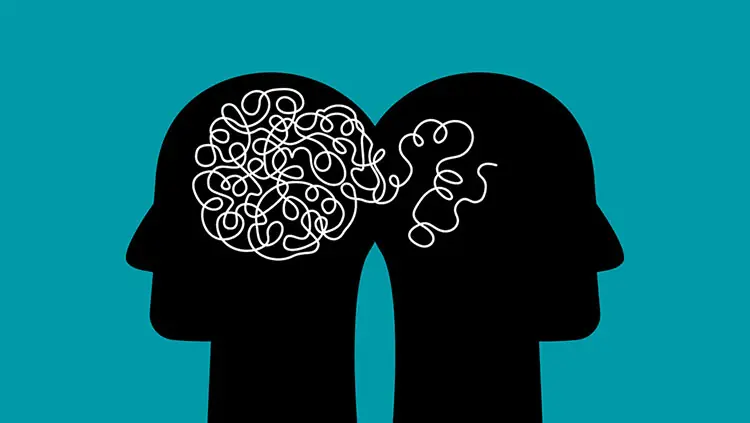
Surprising Link: Marriage May Increase Dementia Risk, New Study Finds

Birds May Use Quantum Reactions to Navigate Across the Globe

She forgot to tell her husband she was coming home. When she entered the apartment, she nearly collapsed from what she saw.

Humpback Whales Are Gathering in Giant Super-Pods—Here’s What Scientists Think It Means

Valya found out by accident that her husband had another woman — she went to the dry cleaner to pick up his suit, and along with the suit, they handed her a huge colorful dress.

Store Owner’s Daughter Kicked Me Out for No Reason — Then Her Mom Walked In and Left Me Speechless

MY SON SMILED RIGHT BEFORE SURGERY—BUT SOMEHOW HE MADE ME STEP OUT OF THE ROOM

An orphaned woman adopted a dark-skinned boy—and 20 years later discovered his shocking secret!
